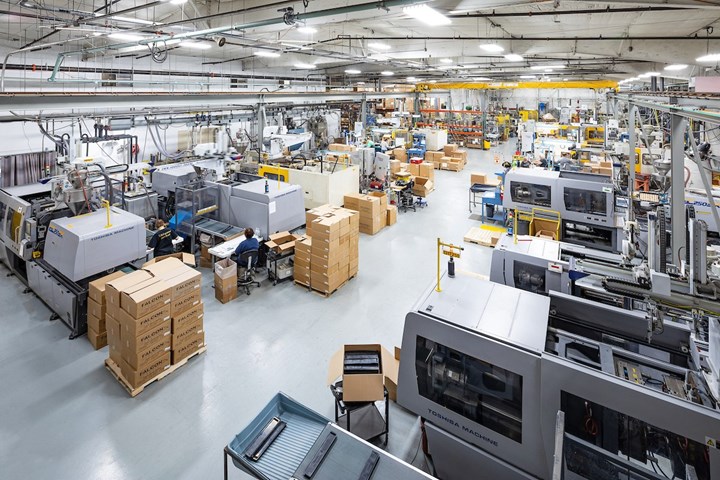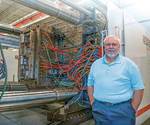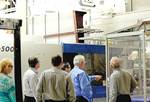Falcon Plastics Expands Tennessee Facility
The South Dakota headquartered custom molder has broken ground on a 20,000-ft2 expansion at its site in Lexington, Tenn., allowing it to add new processing equipment.
Falcon Plastics (Brookings, S.D.) announced that it has begun phase one of a three-phase expansion plan for its Lexington, Tenn. molding facility, breaking ground on a 20,000-ft2 addition that will allow it to install additional equipment. This phase its expected to be completed by the end of summer 2021.
Falcon said the 20,000-ft2 being added in 2021 will be for additional warehousing, allowing two to three injection and blow molding machines to be added. Falcon said its operations team has already begun planning the phase two and three expansions, which will allow more machine additions, eying initiation in 2022.
Founded in 1975, Falcon Plastics is a third-generation family-owned mid- to high-volume custom molder, manufacturing a wide variety of products. The company operates four manufacturing facilities with approximatley 320 employees; more than 120 molding machines; and 300,000-ft2 of space spread over sites in Brookings and Madison, S.D.; Lexington, Tenn.; and Tigard, Ore.; as well as a partnership in a 40,000-ft2 facility in Suzhou, China.
In 2019, Falcon Plastics completed a 27,000-ft2 warehouse expansion, including upgrades and modifications to the manufacturing area of its Madison, S.D. site. In that year, the company also acquired Poly-Cast Inc.—a custom injection molding company outside Portland, in Tigard, Ore. That was the first acquisition in the company’s history.

Falcon Plastics has begun an expansion of its facility in Lexington, Tenn.
Photo Credit: Falcon Plastics
Related Content
-
How to Design Three-Plate Molds, Part 1
There are many things to consider, and paying attention to the details can help avoid machine downtime and higher maintenance costs, and keep the customer happy.
-
Hot Runners: How to Maintain Heaters, Thermocouples, and Controls
I conclude this three-part examination of real-world problems and solutions involving hot runners by focusing on heaters, thermocouples, and controls. Part 3 of 3.
-
Optimizing Pack & Hold Times for Hot-Runner & Valve-Gated Molds
Using scientific procedures will help you put an end to all that time-consuming trial and error. Part 1 of 2.



